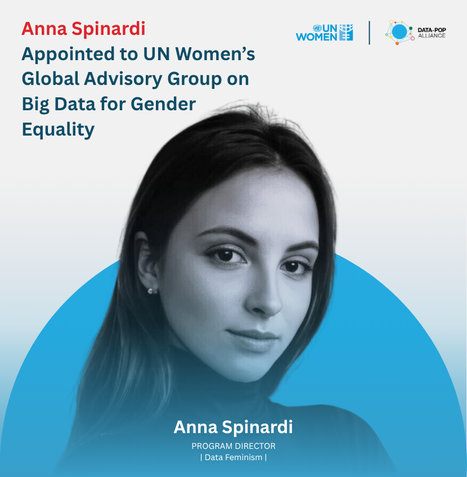Data-Pop Alliance’s “OPAL for Humanitarian Action (OPAL4HA)” project was selected by the World Food Programme’s (WFP) Innovation Accelerator as one of four early-stage projects to join its Humanitarian Innovation Accelerator Programme (HIAP), out of 379 applications from 85 countries. The 6-month selection process involved participating in a Bootcamp and pitching to the HIAP team and funders along 16 finalists in Luxembourg in July 2023.

In line with the vision of the OPAL (for “Open Algorithms”) project co-founded by DPA, OPAL4HA leverages diverse data sources, including Mobile Network Operator (MNO) data from Orange-Sonatel, using both privacy-preserving and participatory mechanisms, to help better understand and respond to the challenges of climate-induced migration in Senegal, especially flooding. By the end of 2024, building on past work developed by DPA and partners in Senegal and Colombia, the OPAL4HA team will develop a minimum viable product (MVP) that will serve as the building block of future use cases and applications in Africa and other geographies. OPAL4HA also builds on DPA’s long term engagement in Senegal, including our recent technical support to the development of the country’s first National Data Strategy.
As part of the Program, WFP has provided OPAL4HA with $130,000 USD to develop the Senegal pilot platform and turn it into an scalable solution. Our team will also have access to hands-on coaching from WFP Innovation Accelerator partners; mentorship from Google experts; technical advice; and access to a global network of stakeholders across humanitarian, business, and international development sectors. This Program in particular is designed to provide private-sector business strategies to the humanitarian and development sector. OPAL4HA has also received additional financial support from The Patrick J. McGovern Foundation (PJMF) and the Belmont Forum (BF).
The project aims to bring the best possible data and tools to address one of Africa’s biggest challenges: the growing impacts and implications of climate change. Flooding, droughts, coastal erosion, heat waves and soil salinization, notably, have been a reality for the peoples of West Africa for decades, including Senegal. As the magnitude of these effects has continued to accelerate, it has become clear that preparation for and response to climate-induced shocks require granular, reliable indicators and insights both in the short- and medium-term (addressing acute shocks), and the long-run (in order to develop necessary services and resources in affected areas).
OPAL4HA will provide insights and indicators by querying a variety of diverse data sets concurrently, while prioritizing the protection of individual privacy. Our team is utilizing call detail records (CDRs), earth observation (EO) data, qualitative data such as surveys and interviews, official statistics and client data, to extract powerful insights into the patterns and outcomes of floods in Senegal. Through our user-friendly query interface powered by Generative AI (GenAI), users will be able to produce and share automatically generated reports with the constant support of our team for additional guidance. Our team is also exploring innovative ways to engage the local community by monitoring late-breaking media reports, social media data, and inviting community members to share on-the-ground insights into climate crises via the platform.
In addition to its technology and data components, OPAL4HA is being developed based on thorough evaluations of local needs and meaningful stakeholder engagement. Our research has revealed an acute lack of services for affected peoples including housing, food, water, etc. Through this process, the team has created a framework for evaluating people’s risk to climate shocks, the possible applications for data to address them, and the role OPAL4HA plays in addressing these needs. Additionally, DPA has formed agreements with key government groups, including the Bureau Opérationnel de Suivi (BOS) within the Senegalese Presidency, is working with our partner IPAR and has been conducting key informant interviews to gain a deeper understanding of the needs of the people and corroborate our findings.
Set to launch by the end of 2024, this powerful dashboard will empower disaster response teams, policy-makers, and affected communities with the information necessary to lessen the impacts of floods in Senegal, and improve quality of life overall.
At the core of this work is the technology powered by OPAL (Open Algorithms), a novel approach to harness diverse sources of private, sensitive, or otherwise hard-to-access data to extract insights and indicators in an ethical, participatory, and safe manner. Development and humanitarian decisions should be made based on the best possible data and guidance, but that has traditionally been all but impossible due to the array of technical, logistical, and political concerns around data use.
Learn more about the many applications for OPAL and our current work on this project here.



![M002 - Feature Blog Post [WEB]](https://datapopalliance.org/wp-content/uploads/2025/10/M002-Feature-Blog-Post-WEB.png)






